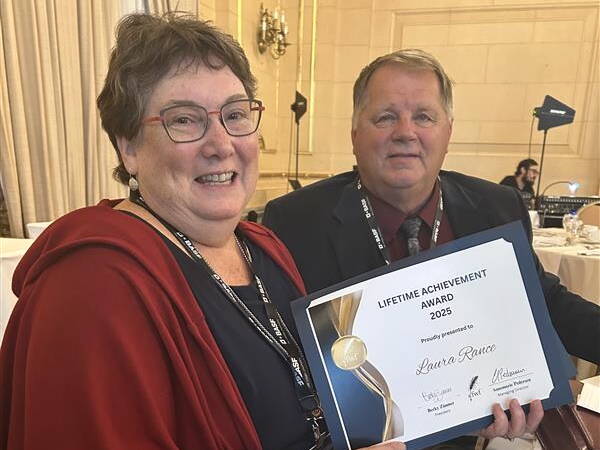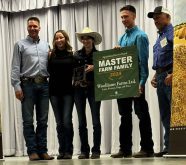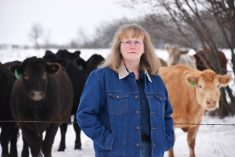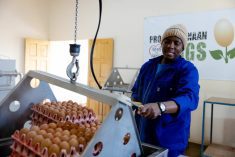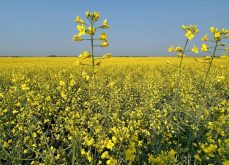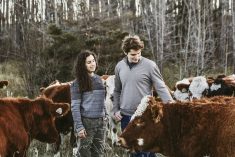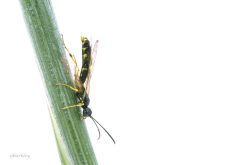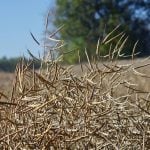When Laura Rance-Unger was growing up on a mixed grain and livestock farm near Sperling (a little over 60 kilometres southwest of Winnipeg), she had three primary passions: reading, horses and working with livestock.
Today, as a farm journalist, long-time editor and fixture of the agricultural media world, Rance-Unger looks back at a career that has incorporated all three.
Her work has appeared in both a handful of Canada’s noteworthy mainstream newspapers, as well as some of ag media’s oldest and most respected publications. Her CV includes laurels like the Queen’s Jubilee Medal for her contribution to agricultural communication and the International Federation of Agricultural Journalists (IFAJ) Star Prize and UN-sponsored IFAJ-FAO Award for Excellence in Global Food Security Reporting for her work covering agricultural practices in three African countries.
Read Also
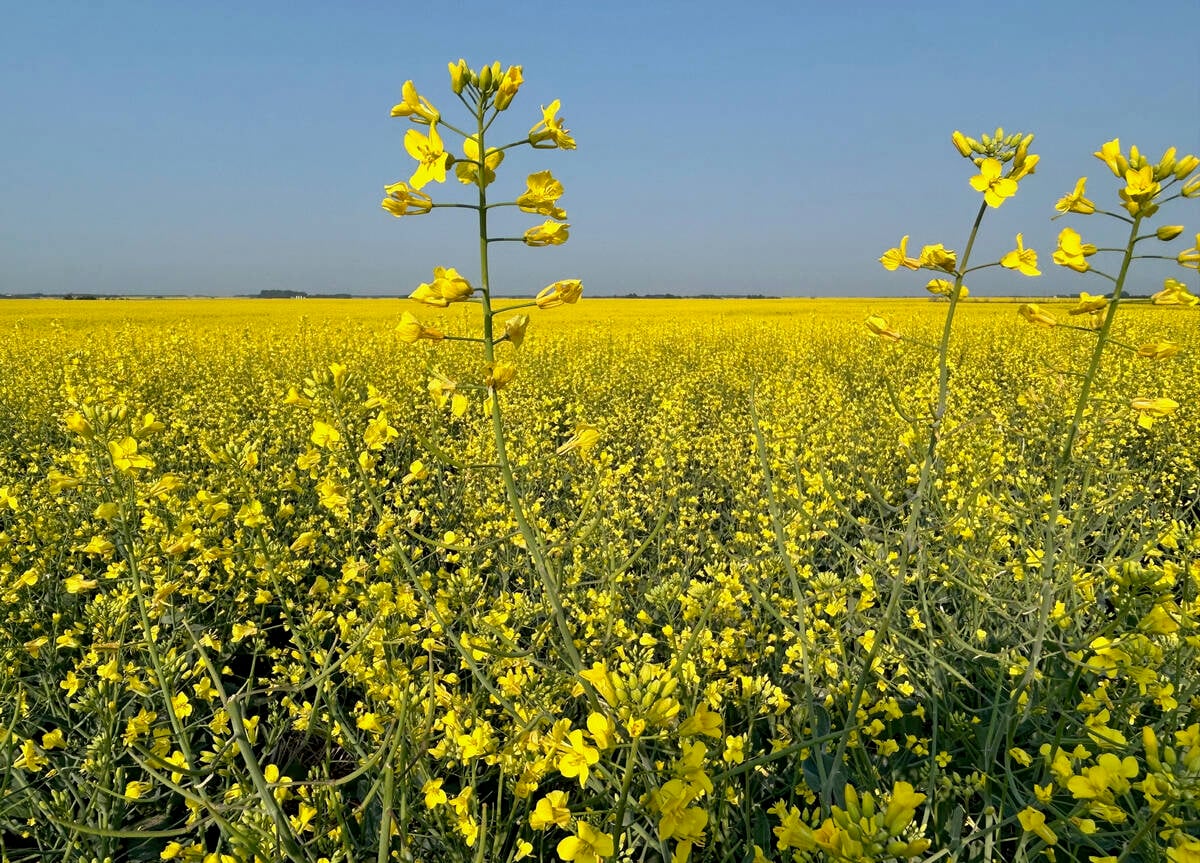
Want more canola bushels? Join a local research network
Joining a local group of farmers who conduct on-farm trials and share data is a great way to boost profitability, say agronomists in Western Canada.
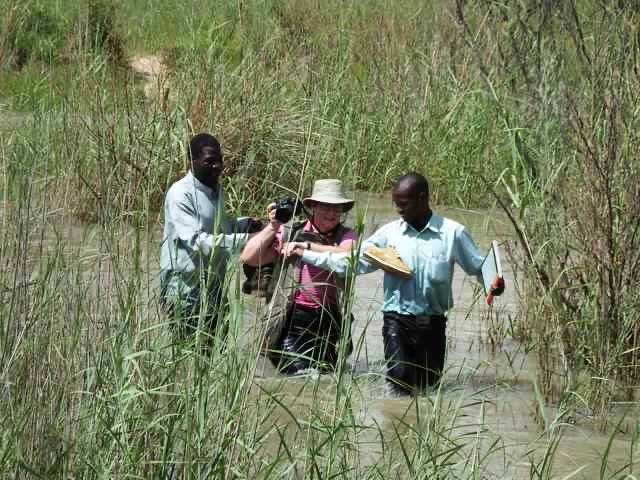
She headed the editorial desk of the Manitoba Co-operator for years, later moving on to take broader responsibility across multiple Glacier FarmMedia newspapers.
As of Sept. 20, she’s got another major award to add to the list.
Rance-Unger, currently the executive editor for Glacier FarmMedia, received a Lifetime Achievement Award from the Canadian Farm Writers Federation (CFWF) for her almost 40-year career during the national organization’s awards banquet in Winnipeg.
“The award recognized her extraordinary contributions to agricultural journalism and her lasting impact on the industry over many years of dedicated service, mentoring and leadership,” read a CFWF news release.
Rance-Unger, who lives on an acreage near Carman, Man. with her husband Gord, described the prize as “very humbling” and “a huge honour.”
She reserves her highest praise though for the ag journalism industry itself.
“We call it agricultural journalism, but to me, we are journalists first and we cover agriculture. I always say we support this industry by telling its story and telling it with fairness, balance and objectivity, and I think that is a service to the industry that’s important.”
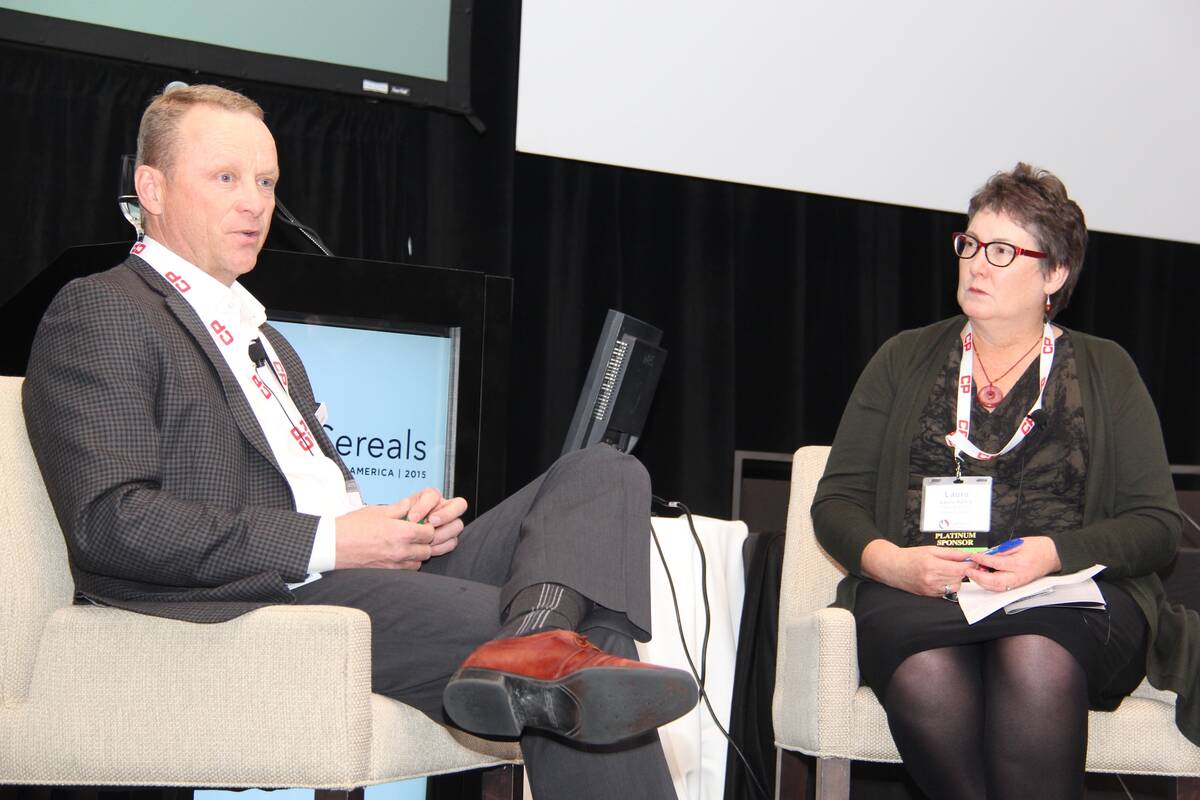
Making a farm reporter
Rance-Unger’s first instinct growing up was to become a veterinarian. In high school, however, she started to wonder, with a little encouragement, about pursuing a career in journalism.
“I always did very well in high school in writing. A couple of teachers had said to me, ‘You know, this is something that you could possibly consider as a career,’” she recalled.
“It just hit me because it was just something that felt like a natural fit for the things that I really was passionate about.”
Rance-Unger started that journey as a student at Red River Community College’s program in creative communications, which included journalism, advertising and public relations in its curriculum. After graduating in 1981, her first professional years saw her working as a reporter on a host of beats for the Stonewall Argus and Teulon Times, Calgary Herald and the Winnipeg Free Press.
It was at the latter, where her farm background made her a go-to for ag stories, that she learned an important lesson on writing for a specific readership.
“It took me a while to learn that when you’re writing about agriculture for an urban audience, you have to approach that story a little bit differently,” she said.
“I still recall the one editor that kept coming to me and saying ‘What does this have to do with the price of my pork chops?’ I didn’t get it at first, but then when I did get it, it was something that really helped me in my career.”
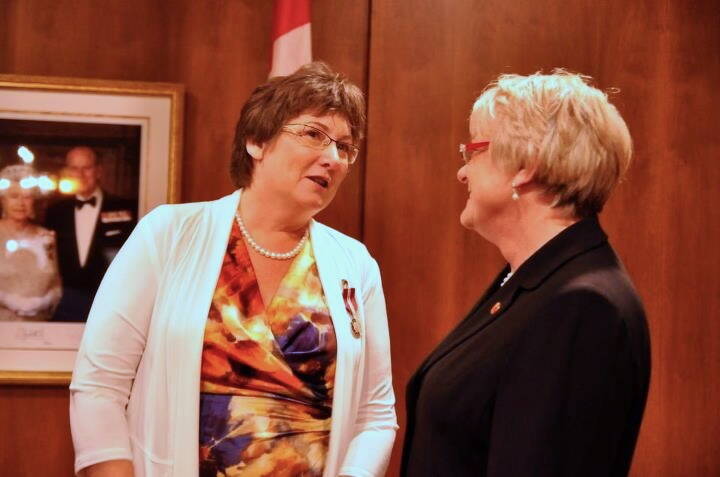
In 1986, her career as a specialized agricultural reporter kicked into gear. She became the Winnipeg correspondent, and eventually a national correspondent, for the Western Producer. In 1994, she accepted a position as associate editor of the Manitoba Co-operator.
At the time, both the Producer and Co-operator were owned by farmer co-operatives. This led to not just another key lesson in journalism, but insight into how a robust decision-making process can drive constructive discourse.
“In the days when the Prairie co-ops were running the show in grain handling, they would have these exhaustive five-day meetings (where) delegates would come to a central place … and they would debate issues,” she said.
“They would have resolutions that sometimes went days to talk about issues and people would all follow Robert’s Rules of Order. They would have an exhaustive debate and then the delegates would vote on the policy that they wanted the co-operative leaders to take forward.”
As a journalist attending these meetings, Rance-Unger learned how people with different perspectives could come to a conclusion the majority would support. She’s carried those lessons into the age of social media, a platform not always known for its level-headed discourse.
“I think that some of the social media platforms serve to actually cause more polarity in these discussions, because people who are in one channel only hear like-minded views amplified within that channel, but they never cross over to hear what the other side is saying.”
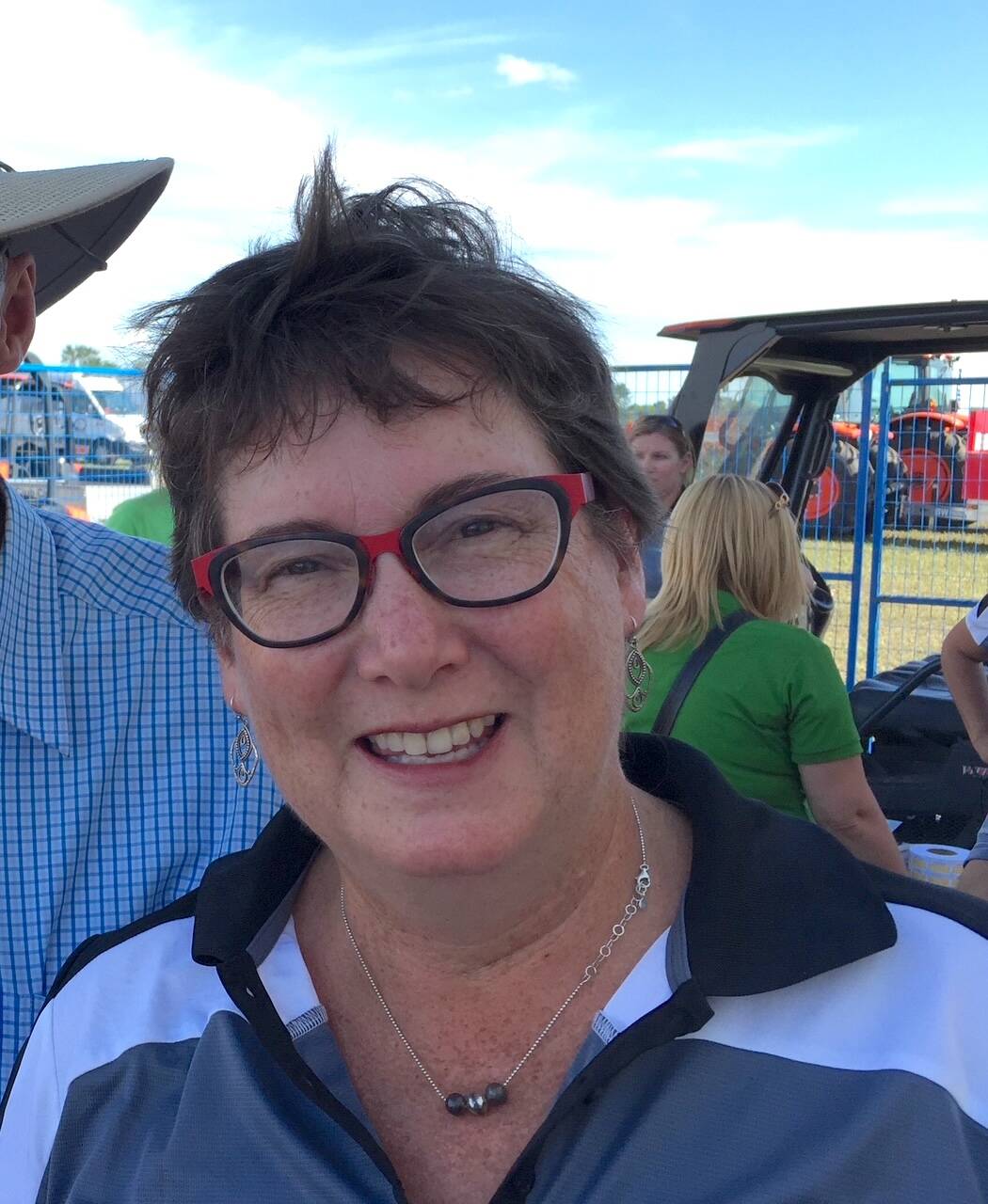
Journey to today
Her initial position at the Co-operator lasted seven-and-a-half years before a merger involving Manitoba Pool Elevators, which owned the paper, resulted in the termination of several employees, herself included.
The setback didn’t stop Rance-Unger for long. Along with a number of fellow Co-operator alumni, she started Farmers Independent Weekly, a publication that lasted five years before being acquired by Glacier Media, which by then included the Co-operator among its publications.
She was hired back to the Co-operator, this time as editor.
From that point to today, she worked for the various iterations of Glacier Media, which became Farm Business Communications and finally Glacier FarmMedia. In recent years, she has moved up to the senior echelons of the company’s editorial decision makers.
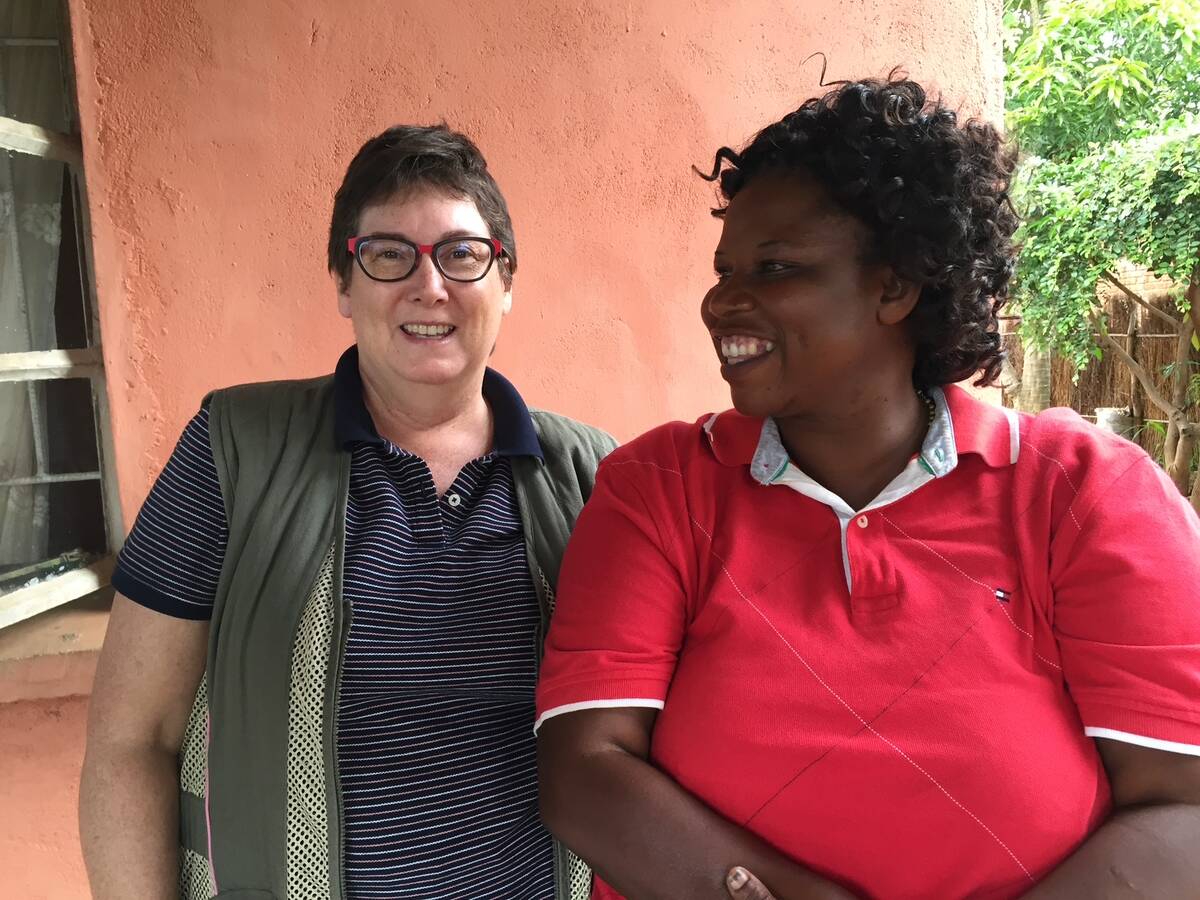
The role of farm media
Rance-Unger sees the role of farm media as a catalyst enabling a more informed ag industry.
“When you have a common platform and a common presentation from a trusted, credible source, people can at least hear and see what the different perspectives are coming to the table to say, and hopefully that can lead to a more informed community,” she said.
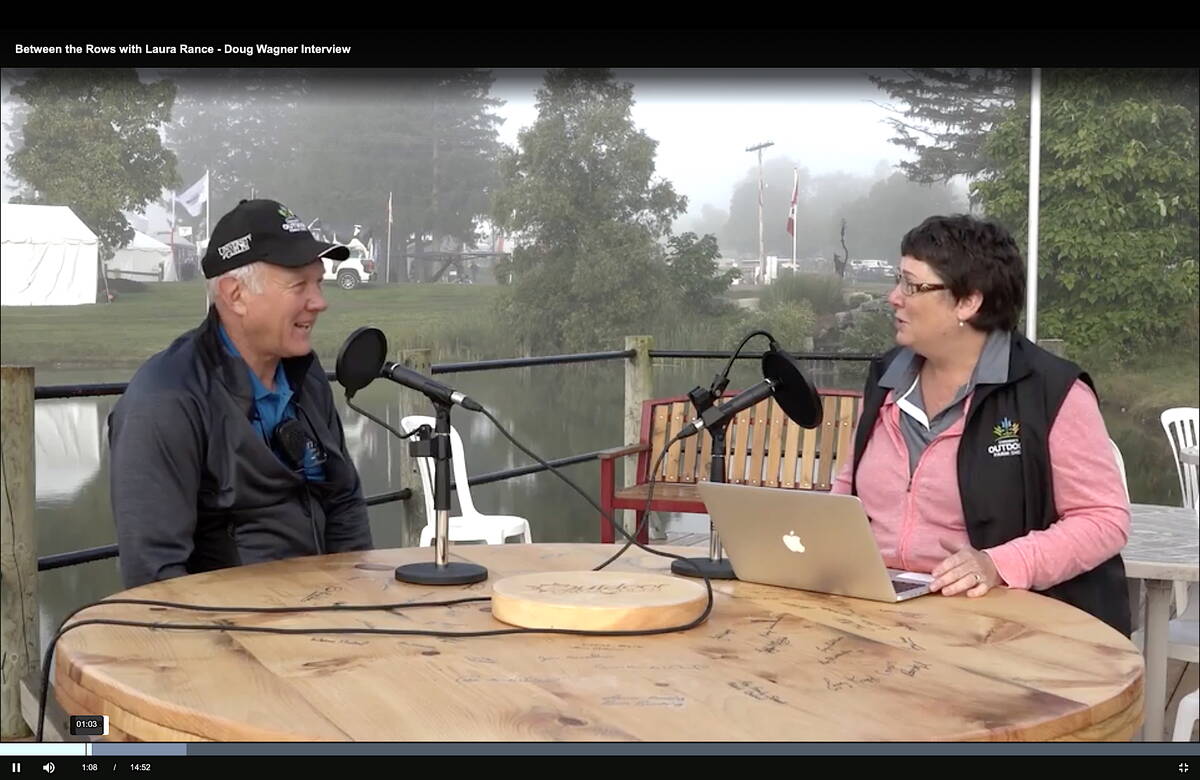
Although lifetime achievement awards sometimes suggest a career reaching its end, that is not the case with Rance-Unger.
“I’m not done yet. My career has been more rewarding and more challenging and more interesting than I could ever have imagined going into it. And you know, it’s been a great place to spend 40 years of my life.”


